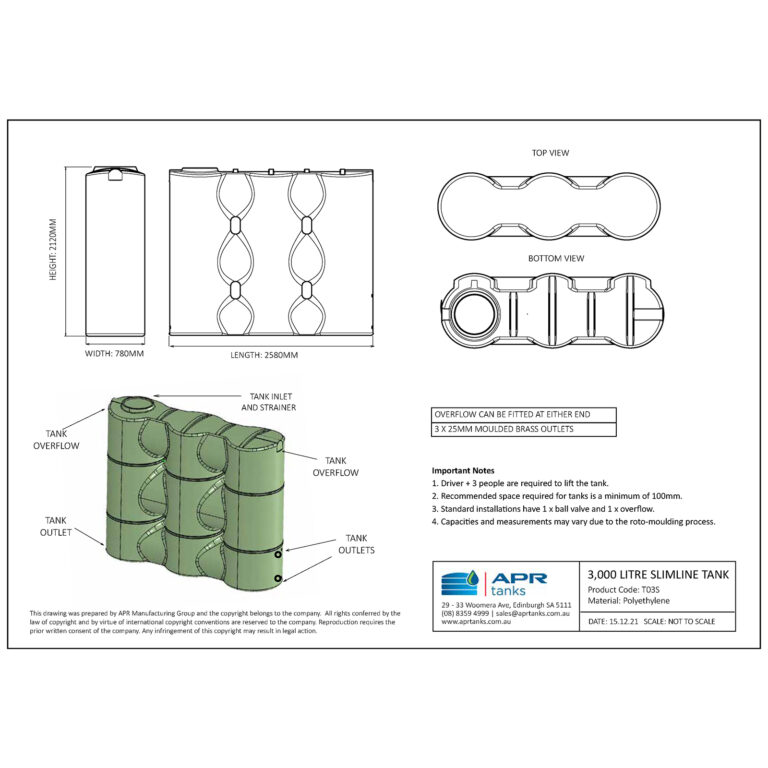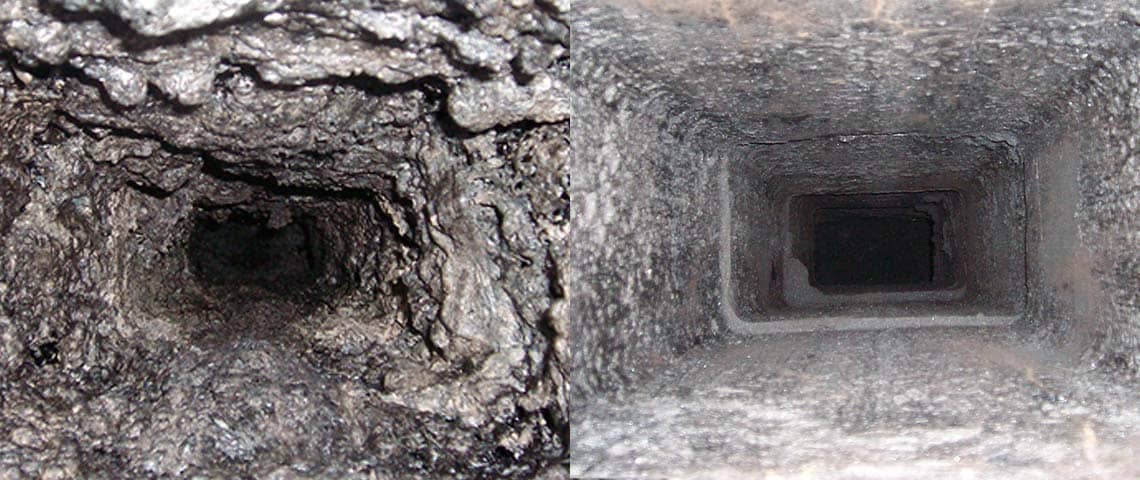Top Quality Slimline Water Tanks: Effective and Space-Efficient Solutions
Top Quality Slimline Water Tanks: Effective and Space-Efficient Solutions
Blog Article
Discover the Importance of Rainwater Containers for Lasting Water Preservation Initiatives
In the world of sustainable water conservation, the usage of rainwater containers stands as a pivotal practice that advantages closer examination. The relevance of rainwater containers goes beyond mere storage space; it embodies an aggressive method in the direction of environmental stewardship and source administration. By exploring the diverse benefits of rainwater harvesting, an extensive understanding of its prospective influence on water conservation initiatives emerges. Via a lens of functionality, ecological consciousness, and common well-being, the assimilation of rainwater storage tanks unveils a tapestry of interconnected advantages that expand far past the surface.
Advantages of Rainwater Storage Tanks
Making use of rainwater storage tanks uses a practical service for lasting water management by utilizing nature's sources successfully. Rainwater tanks gather and save rain that drops on roofs, which can then be made use of for different non-potable functions, such as irrigation, cleaning clothing, flushing bathrooms, and even for some drinkable usages with correct therapy. Among the vital advantages of rainwater tanks is the reduction of demand on mains supply of water, especially during dry seasons or droughts.
Environmental Effect of Rainwater Harvesting
Rain harvesting via the usage of storage tanks provides a sustainable water management technique with favorable ecological effects. By recording rainwater, this method aids minimize the demand for keys water supply, thus relieving the worry on water therapy plants and decreasing power usage associated with water circulation.
In addition, rain harvesting promotes water conservation and decreases dependence on limited water resources. It minimizes contamination in water bodies by diverting rain far from paved surface areas where it could select up pollutants prior to entering rivers. Executing rain tanks likewise reduces the stress on ecosystems by minimizing the extraction pressure on rivers and streams. On the whole, the environmental effect of rain harvesting highlights its value beforehand lasting water monitoring practices.
Rain Containers for Residential Use
Having highlighted the environmental advantages of rain harvesting, the emphasis currently changes to the practical application of rainwater storage tanks for property water preservation (Slimline water tanks). Rain containers play an important duty in household water monitoring by capturing and storing rainwater that falls on the roofing system of a house. These containers can vary in dimension and product, supplying homeowners versatility in choosing a system that fits their demands
One of the key advantages of using rain tanks in residential settings is the reduction in reliance on mains water. By collecting rain for non-potable uses such as sprinkling gardens, cleaning cars, flushing commodes, and doing laundry, homes can considerably decrease their overall water intake and energy expenses. Furthermore, rainwater is generally devoid of the chemicals found in cured water, making it a better option for sure household jobs.
In addition, rainwater harvesting systems can help minimize city flooding and erosion by reducing stormwater drainage. By catching rainwater in containers, less water flows right into storm drains pipes, reducing the strain on metropolitan hop over to here drain systems during hefty rainfall. On the whole, integrating rainwater containers into household homes contributes to lasting water conservation initiatives and promotes self-sufficiency in water monitoring.

Economic Benefits of Using Rainwater Containers
The financial advantages related to the execution of rainwater storage tanks in household and commercial setups are substantial and multifaceted. One of the key economic advantages of utilizing rain storage tanks is the reduction in water expenses. By collecting and storing rain for various non-potable usages such as watering, commode flushing, and laundry, residential or commercial property owners can dramatically decrease their reliance on mains water, resulting in considerable price financial savings over time.
In addition, the installment of rain containers can boost building worth. In today's ecologically mindful market, Source residential properties furnished with lasting functions like rainwater harvesting systems are frequently more eye-catching to possible purchasers, commanding higher market price and faster sale times.
Furthermore, rainwater tanks can aid services and house owners reduce the impact of water constraints and changing water costs. By having an extra water resource during dry spells or periods of increased water prices, individuals and organizations can much better manage their water-related expenditures and preserve operational connection. In general, the economic benefits of using rain storage tanks make them a wise financial investment for long-term financial savings and sustainability.
Neighborhood Sustainability Via Rainwater Collection
Considering the wider impact past individual advantages, the combination of rain collection systems in communities plays a crucial function in fostering environmental sustainability and source administration. Neighborhood sustainability with rainwater collection initiatives not only help in decreasing the strain on municipal water resources yet additionally helps in alleviating the results of urbanization on regional water supply. By installing rainwater containers in public structures, parks, and common rooms, neighborhoods can lower their dependence on central water sources, causing an extra resilient water during droughts or Check Out Your URL emergencies.
Additionally, community-level rain harvesting promotes a sense of collective responsibility towards water conservation. Inevitably, area sustainability via rain collection not only benefits the present generation but additionally makes sure a much more sustainable future for generations to come.

Final Thought

Report this page